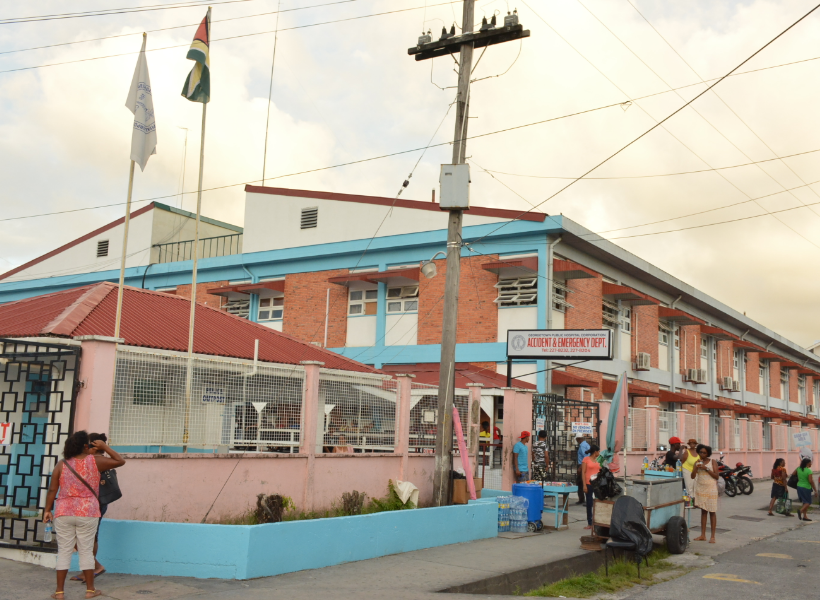The Caribbean Court of Justice (CCJ) has dismissed an appeal filed by Hardat Singh, bringing a five-year legal battle over a US$300,000 money judgment to an end. The CCJ, comprising Justices Winston Anderson, Maureen Rajnauth-Lee, Denys Barrow, Peter Jamadar and Chantal Ononaiwu, delivered its ruling on May 20, 2025.
The dispute originated from a business arrangement between Singh and the respondent, Ann Narine.
Representing Singh were attorneys Devindra Kissoon and Natasha Vieira. Counsel for Narine was led by Sanjeev Datadin. His team included Jamela Ali, Khalif Gobin, and Mohanie Anganoo.
In November 2020, Narine filed a Fixed Date Application (FDA) in the Guyana High Court, claiming that Singh had promised to pay her US$300,000. The promise was contained in a document Narine said amounted to a promissory note.
Although Guyana’s Chief Justice Roxanne George ruled that the document was not a promissory note, she accepted it as evidence of a contract.
On April 20, 2021, after Singh failed to appear or file a defence, the court awarded a money judgment in favour of Narine. Subsequently, Singh challenged the decision all the way to the CCJ, filing 21 grounds of appeal before the regional court.
However, the CCJ rejected his attempt to overturn the ruling. In delivering the judgment of the Court it was stated that Singh had failed to take the proper legal route by not applying to set aside the original judgment.
The court is of the opinion that Singh’s failure to set aside the judgment through the appropriate legal procedure amounted to an “abuse of process.” It was stated, “He attempted to sidestep the requirement of giving a good reason for his non-appearance when he deliberately did not attend trial and was seeking to avoid the judgment altogether. The Court identified this as an abuse of process.”
Further, the Court stressed that rather than seeking a rehearing at the High Court the appropriate mechanism when a judgment is given in a party’s absence Singh opted to appeal at each stage.
The CCJ judgment states, “By choosing to appeal rather than applying to set aside, the appellant avoided the filing of evidence on oath and cross-examination as to his non-attendance at trial, and the truth of what happened to the documents that unarguably were served at his foreign address.”
Notably, Singh’s lawyers contended that he did not receive the court papers, arguing that they were erroneously served at his New York address and signed for by someone listed as “N Singh,” who he said was not his sister.
However, the Court found this explanation lacking credibility and noted the absence of evidence in support. “It is significant that the appellant chose to make this claim of non-receipt of papers on oath for the first time at the stage of a second appeal,” the Court said.
Ultimately, the Court said that Singh has left them unconvinced that he has been forthright about what occurred, deliberately choosing the procedure that enabled him to state only the facts he selected.
The court concluded by lifting the stay of execution that had been granted to Singh in December 2024, which had temporarily halted the enforcement of the judgment to prevent the sale of his property and dismiss the appeal. Also, cost was awarded to Narine.
In an invited comment, Datadin said it was a firm decision that confirmed matter of Civil Procedure in Guyana. Making it clear that the trial process must be clear, fair and transparent and that no litigant should be allowed to circumvent the clear letter and intent of the rules.











